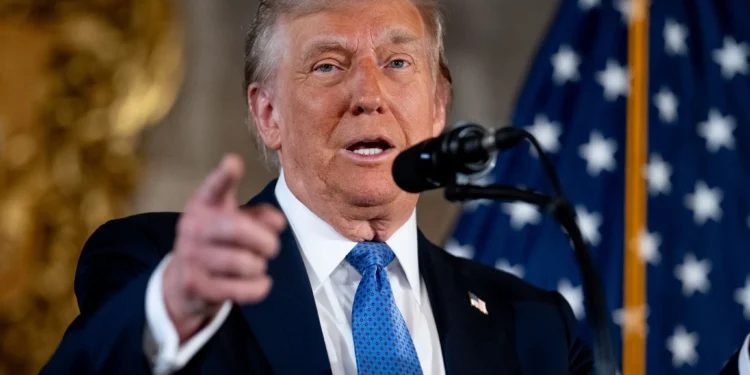Remember the TikTok saga back in 2020? It was the talk of Donald Trump’s first term, with a looming ban that never quite materialized. Fast forward to January 20, 2025: Trump’s second inauguration day. In a surprising twist, he reportedly requested for that same TikTok ban to be lifted. Yes, the man who once called it a threat seems to be starting his second term with a different playbook—possibly one full of surprises.
But let’s shift focus. Trump’s return to power after securing the 2024 elections doesn’t just affect the U.S.; it’s likely to ripple across global markets, including Africa’s burgeoning tech scene. His previous presidency brought policies like corporate tax cuts, rigid immigration restrictions, and climate change skepticism. These measures had a profound impact on African startups eyeing global expansion, and this time around, things could get even more interesting.
Immigration: A Double-Edged Sword
Trump’s first term saw strict immigration policies, including a temporary halt on H-1B visas. Now, in what feels like a pivot, he’s touting support for skilled immigration. However, his “America First” ideology could still mean tighter restrictions for African entrepreneurs seeking access to U.S. networks and resources.
Take visa access: tougher restrictions could hinder African founders from meeting U.S.-based investors face-to-face. But with remote work becoming the norm, some barriers are falling away. As Satgana CEO Romain Diaz puts it, virtual collaboration is “leveling the playing field,” enabling African startups to thrive even without frequent trips abroad.
That said, stricter immigration policies could have unintended ripple effects. According to Eghosa Omoigui, founder of EchoVC, U.S. visa policies might increasingly favor elite global talent, leaving African innovators to double down on building local ecosystems instead of heading abroad.
The Remittance Factor
Immigration ties directly to remittance flows, which are lifelines for many African startups, especially those in fintech. If stricter visa rules are reinstated, it could eventually curb remittance levels. Amaka Anku, head of Eurasia Group’s Africa practice, explains, “The impact on remittances won’t hit right away—it’s more of a slow-burn effect.”
Corporate Tax Cuts: A Mixed Opportunity
During his first term, Trump’s corporate tax cuts helped ignite venture capital activity in the U.S., creating a more investor-friendly climate. However, the extent to which African startups benefit from such policies depends on how much capital crosses borders. If U.S.-based funds continue to target emerging markets, African startups could still ride the wave.
A Turning Point for Africa’s Startup Scene?
Trump 2.0 could be a game-changer for Africa’s tech ecosystem, for better or worse. Tighter immigration rules might spur regional innovation, pushing talent to stay local. Meanwhile, U.S. tax policies could attract more venture capital, provided investors retain an eye for Africa’s potential.
It’s a dynamic time, with challenges and opportunities intertwined. How African founders adapt will determine the true impact of Trump’s policies on the continent’s thriving startup ecosystem.




